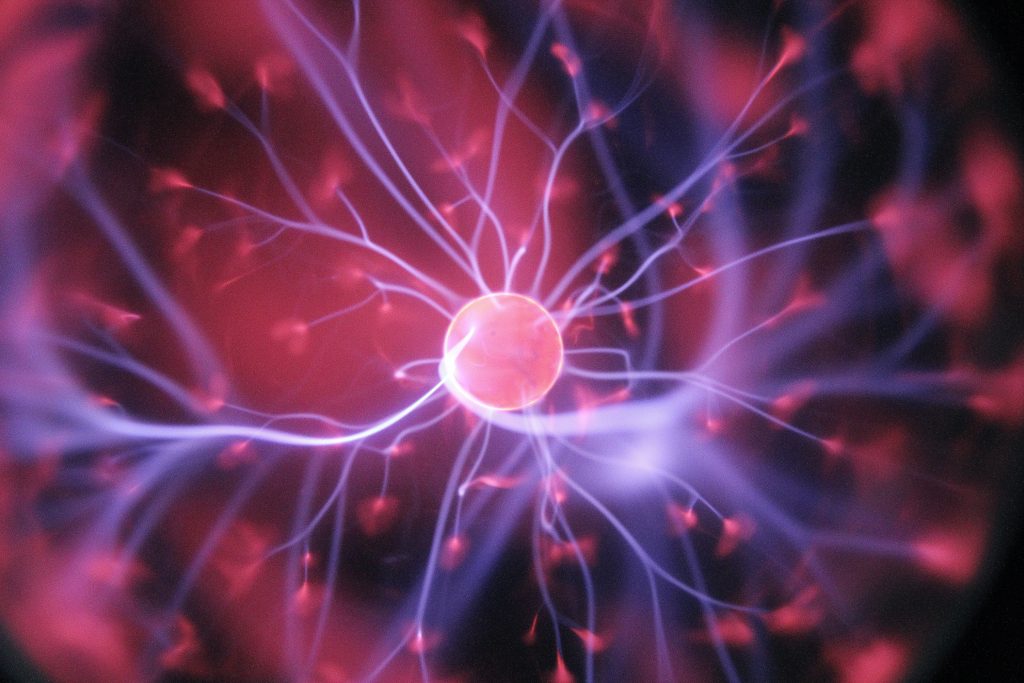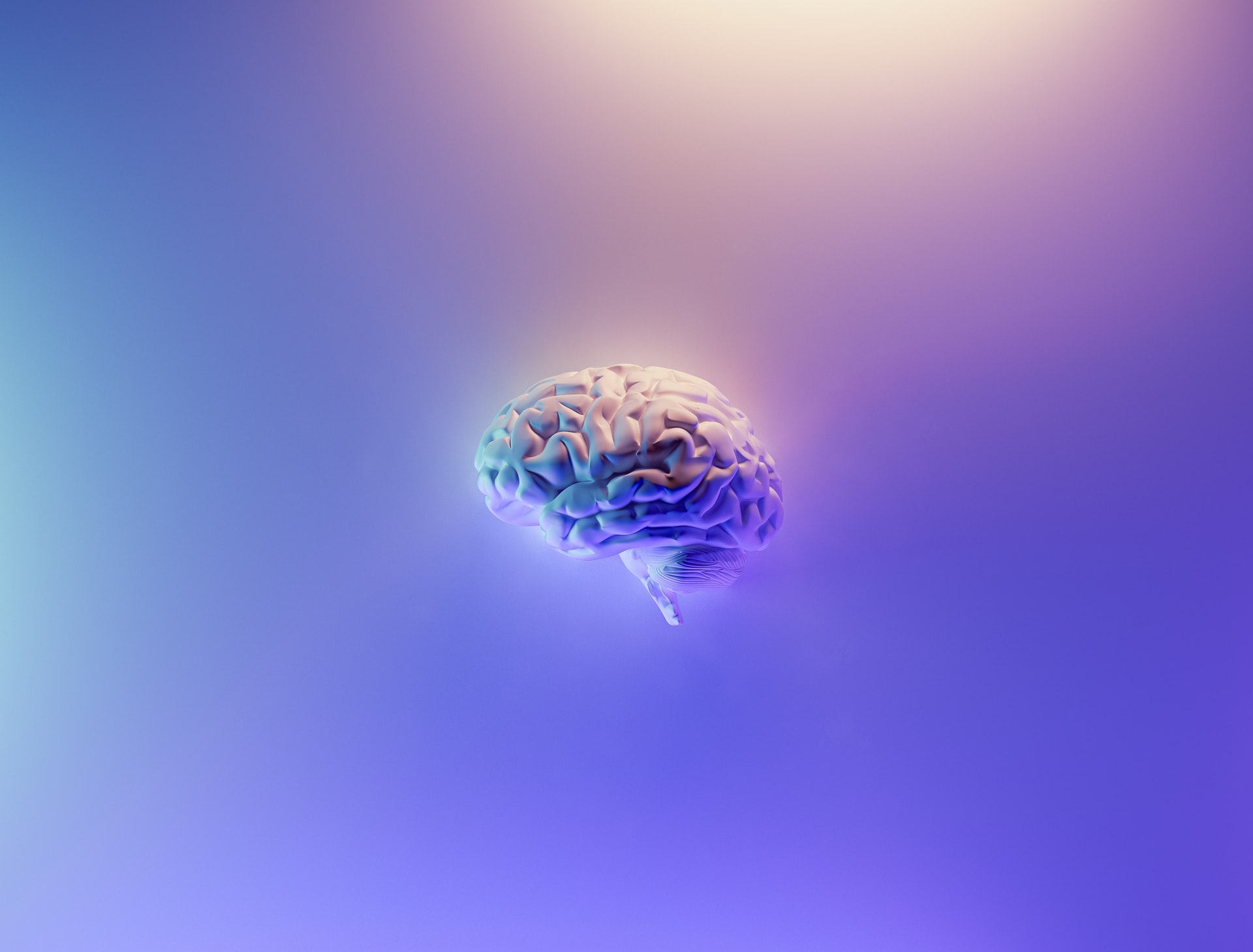CBD and Alzheimer’s disease: What does the science say?
Alzheimer’s is the most common cause of dementia. The symptoms include memory loss and difficulties with thinking, problem solving and language.
In Alzheimer’s disease, the connections between brain cells are lost because proteins have built up and formed abnormal structures called plaques. The nerve cells and brain tissues eventually die.
The brain passes chemicals between the cells which help to send signals. Those with Alzheimer’s have less of these chemicals in their brain so the signals do not pass on.
It is a progressive disease which means over time, symptoms will develop and get worse.
It is thought that more than 520,000 people in the UK have dementia caused by the condition.

Could CBD help?
Collaborative research by the Dental College of Georgia (DCG) and the Medical College of Georgia (MCG) has revealed that CBD might slow the development of Alzheimer’s.
In Alzheimer’s, the brain cells that process, store and retrieve information start to degenerate and die. Although scientists do not know why this happens, they suspect that the beta-amyloid plaque is to blame.
It is believed that the sticky compound accumulates in the brain, affecting communication between cells before killing them.

TREM 2 and IL-33 are important when it comes to the brain’s ability to consume these cells. These protein levels are lower in Alzheimer’s patients.
High doses of CBD could help to normalise the levels and function of these proteins and may improve cognition. It may also lower levels of the immune protein, IL-6 which is associated with the inflammation of the brain.
Speaking to The CANNAVIST, study author Dr Babak Baban, explained:
“Numerous studies and scientific data have provided clear evidence for activation and involvement of inflammatory pathways in Alzheimer’s disease (AD).
“Our previous studies as well as others have suggested that Cannabidiol (CBD) is a capable and potent regulator of excessive inflammation.
“Therefore, it is very plausible to use CBD in the treatment of AD, considering the lack of a definite treatment and limited effectiveness of current therapies against AD.”

What about THC?
THC is often seen as the psychotropic compound in the cannabis plant that causes a high. But it also has a medicinal effect.
In the UK, CBD/THC drug Sativex can be prescribed for muscle spasticity in MS patients.
Higher THC strains of medical cannabis can also be prescribed privately for conditions including chronic pain.
Meanwhile, nabilone – a synthetic form of THC – is licensed for treating severe sickness from chemotherapy.
However, THC has a complicated relationship with mental health.
Dr Baban said:
“Using THC in any therapeutic regiment is super complex. The main reason is the fact that THC is a Psychotropic compound affecting mind, emotions, and behaviour in a profound way, with potential unpredictable outcomes variable from individual to individual.
“Although the entourage effect of all cannabinoids together has shown a level of encouragement, however, there is still a huge knowledge gap to be filled before including THC in wide use for the treatment of AD.”
Read more: What is the difference between broad and full spectrum CBD?












